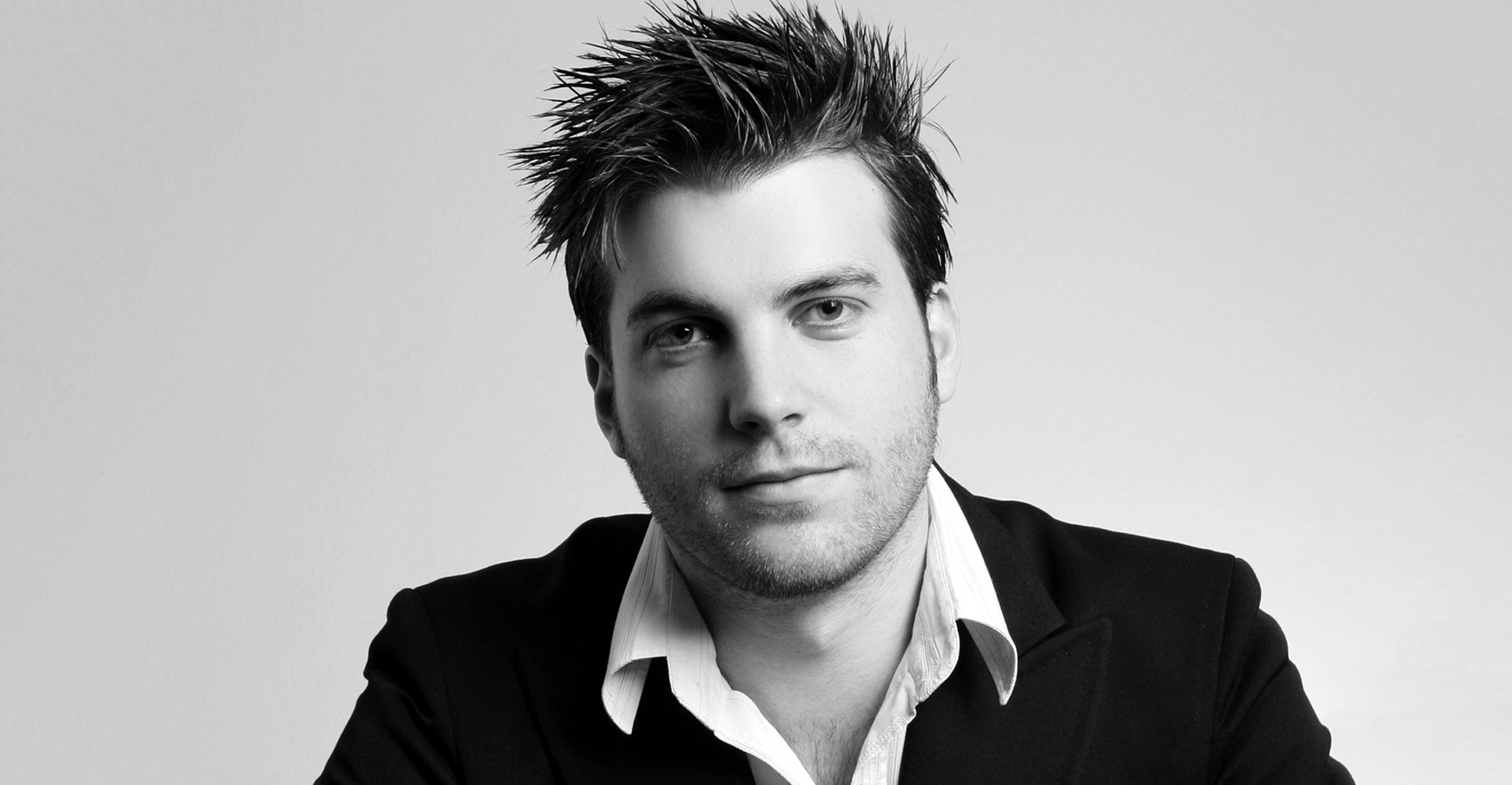
When Nasa wanted to phone home from outer space, a company it chose to help make the call was Snapt, a start-up from Johannesburg backed by billionaires Johann Rupert and Nicky Oppenheimer that has now landed in Silicon Valley.
Snapt founder Dave Blakey was just 14 when, together with his father, he started a computer company that developed hardware to manage bandwidth. Now his company Snapt does much and more of the same thing — helping manage computer traffic, balance loads among servers and accelerate Web flow — but in software format.
“For a website, it may be that one server is not enough for the traffic being generated and they need something that balances loads to the servers,” Blakey, 34, said over sparkling water in a recent interview. “Another example is how the imagery from a space probe contains a lot of data and it’s important that they don’t lose anything.”
With offices in London, Cape Town, Johannesburg and more recently in San Jose, California, Snapt is one of several venture capital success stories from South Africa, despite the country’s low level of VC investment compared to developed-world markets.
South Africa saw R4.4-billion invested in 532 venture capital deals in 2017, according to the Southern Africa Venture Capital and Private Equity Association. In the UK, that number was about £5-billion (R91.7-billion) last year, according to London-based consultancy Beauhurst. US venture capital investing hit a record $130.9-billion (R1.8-trillion) in 2018, according to the Pitchbook-National Venture Capital Association Monitor.
Foraging in Silicon Valley
Other South African venture capital successes include the Varia bicycle radar developed by iKubu and sold to Kansas-based Garmin, domestic worker service SweepSouth fostered by pro-women investor Edge Growth, and WhereIsMyTransport backed by a billionaire co-founder of eBay.
Snapt counts some of the world’s largest banks and e-commerce sites as its customers, where every tenth of a second that it takes a Web page to load can cost billions a year in lost revenue, the founder said. He said he couldn’t disclose revenue or profit figures because they’re confidential.
The company, which Blakey says has made a profit almost from the outset, plans to release a new product by July as it seeks to increase revenue in search-engine marketing — it didn’t even have any sales staff until last year — and raise more money.
 It will be targeting as much as R212.4-million ($15-million) as it forages in Silicon Valley, an alien terrain to South Africa that the self-effacing and polite Blakey calls “expensive and cut-throat”. Nonetheless, he finds himself having to spend increasing amounts of time there to help expand the business.
It will be targeting as much as R212.4-million ($15-million) as it forages in Silicon Valley, an alien terrain to South Africa that the self-effacing and polite Blakey calls “expensive and cut-throat”. Nonetheless, he finds himself having to spend increasing amounts of time there to help expand the business.
4Di Capital, which is backed by investments from the Oppenheimer family (which controlled diamond company De Beers for 80 years) and Rupert (founder and chairman of luxury goods holding company Richemont), first invested in Snapt in 2011, 4Di co-founder Anton van Vlaanderen said by e-mail.
“Knowing that many software platforms were moving into the cloud, we saw a considerable global opportunity for a business like Snapt,” Van Vlaanderen said. The fund aims to “use South Africa as a test market for a business and then enable companies to globalise from here” using 4Di’s US office and global networks as levers, the investor said.
“Snapt fitted this mandate perfectly, hence our tag line ‘from garage to global’.”
Other investors in a recent fund-raising round of R42.3-million ($3-million) include Convergence Partners, Sanari Capital and Nedbank, says Blakey, who plays online games such as World of Warcraft and Dota when he’s not working.
Blakey dropped out of high school to learn computing from his father, who started a few technology companies that were eventually sold. The younger entrepreneur didn’t attend university or even get his high school matriculation certificate. However, he says he did obtain the world’s youngest A+ computing certification at 11 and became the second-youngest Microsoft Certified Systems Engineer at 14. He says he’s not in a rush to sell Snapt.
‘Bottom of the mountain’
“We’ve had a few offers, but we think we’re at the bottom of the mountain, not the top,” Blakey says. “If we did exit the business, I’d have to do something else like this because working is all I know.”
With clients in 60 countries, Blakey says his greatest challenges have been adjusting to being a global business with the long hours for US and local time zones, plus the different government regulations and foreign currency rules that come with the territory. Along the way, he’s found that believing in oneself as a South African is important to the company’s positioning and growth.
“It turns out you can be South African and sell mission-critical equipment to the US government and it doesn’t matter we’re from South Africa,” he said. “It made us think how much we should value ourselves.”
- This article was originally published on Moneyweb and is used here with permission




